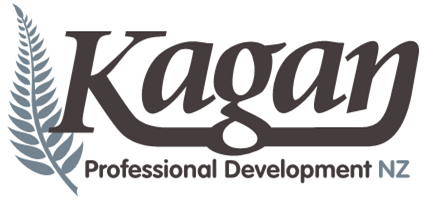
KAGAN’S STRUCTURED APPROACH =
Shared Practice - Shared Language - Shared Pedagogy
The New Zealand Curriculum and Kagan
Kagan Cooperative Learning is able to deliver many aspects of the NZC - without any other programmes or interventions.
Once teachers have trained in Kagan, they can see the difference between Kagan and other forms of cooperative learning which often allow students to hide, withdraw, and not participate. Cooperative learning is well-researched as an extremely effective pedagogical approach, and is highly recommended for Māori and Pacifica students.
Follow the links to see in more detail how Kagan is the perfect vehicle to deliver the NZC:
VISION
VALUES
KEY COMPETENCIES
EFFECTIVE PEDAGOGY
LEARNING AREAS (To come)
KEY LINKS
-
THE NZC
ORIGINAL
-

ENGLISH
REFRESHED NZC
-

MATHEMATICS & STATISTICS
REFRESHED NZC
-

SOCIAL SCIENCES
UPDATED & REFRESHED
-

LITERACY & COMMUNICATION AND MATHS
UPDATED
-

KA HIKITIA
ACCELERATING SUCCESS
-
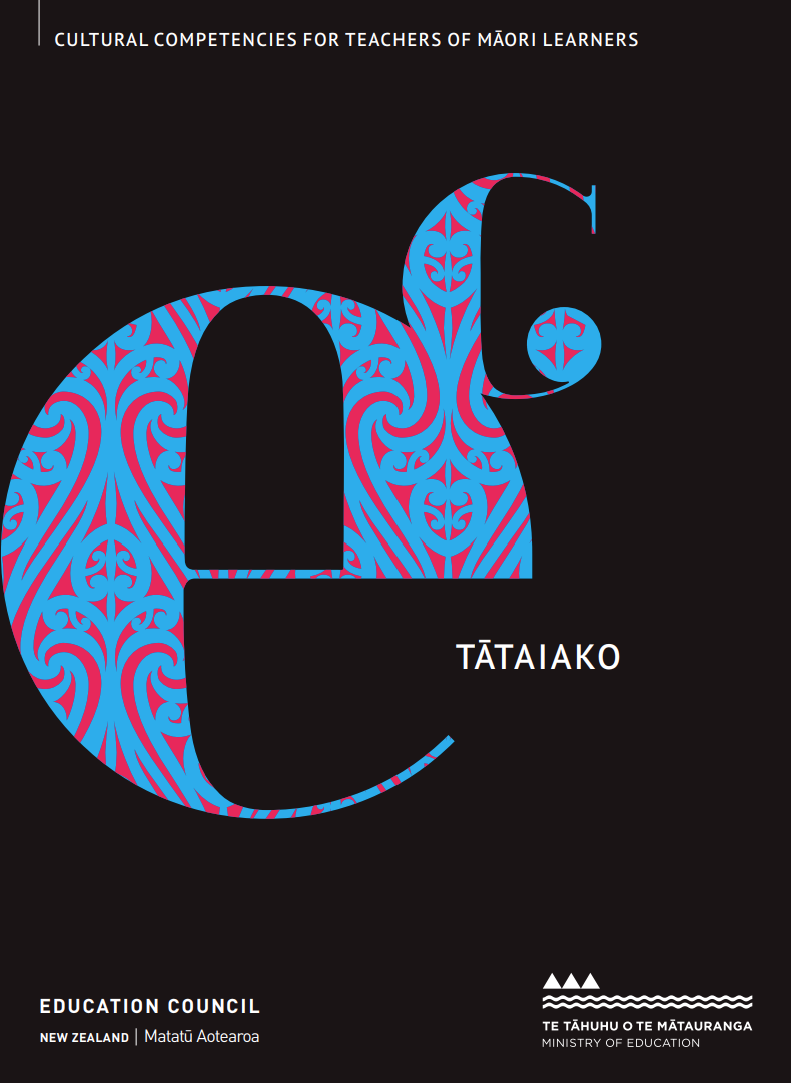
TATAIAKO
CULTURAL COMPETENCIES FOR TEACHERS OF MAORI LEARNERS
-

THE COMMON PRACTICE MODEL
UPDATED
-

COMMON PRACTICE MODEL
WITH KAGAN

“…children aren’t born to learn in ways we want them to. Our brain is primarily a social machine and learns by watching, imitating and interacting.”
Hattie, J. & Yates, G. (2014). Visible Learning and the Science of How We Learn. London: Routledge
Tuakana Teina and Ako are embedded in Kagan Structures, with strong links between Kagan and Teaching to the North-East (Dr Russell Bishop), and Dr Angus MacFarlane’s Educultural Wheel.
Kagan is the ‘how’ for implementing effective relational pedagogy in line with their philosophies. And, cooperative learning is their key pedagogical approach!
Helping extraordinary teachers
Grow extraordinary people

Our Services
-

1. Consultation & Planning
Needs Analysis
PLD Plan & Schedule
Implementation
Assessment
-
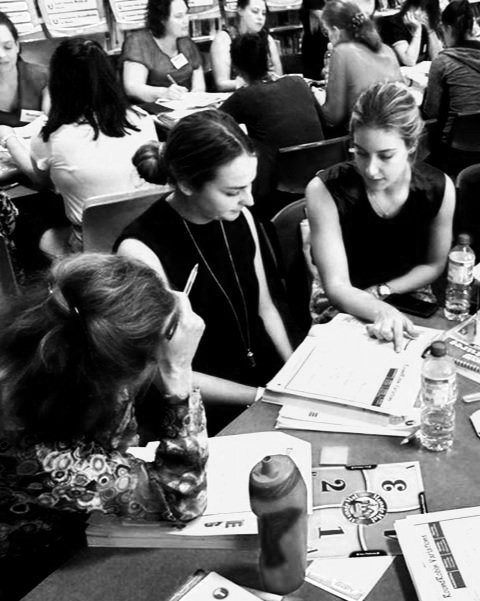
2. Training & Workshops
Staff Intro
First training/workshop
Evaluation & Feedback
Workshop Follow-Up
-
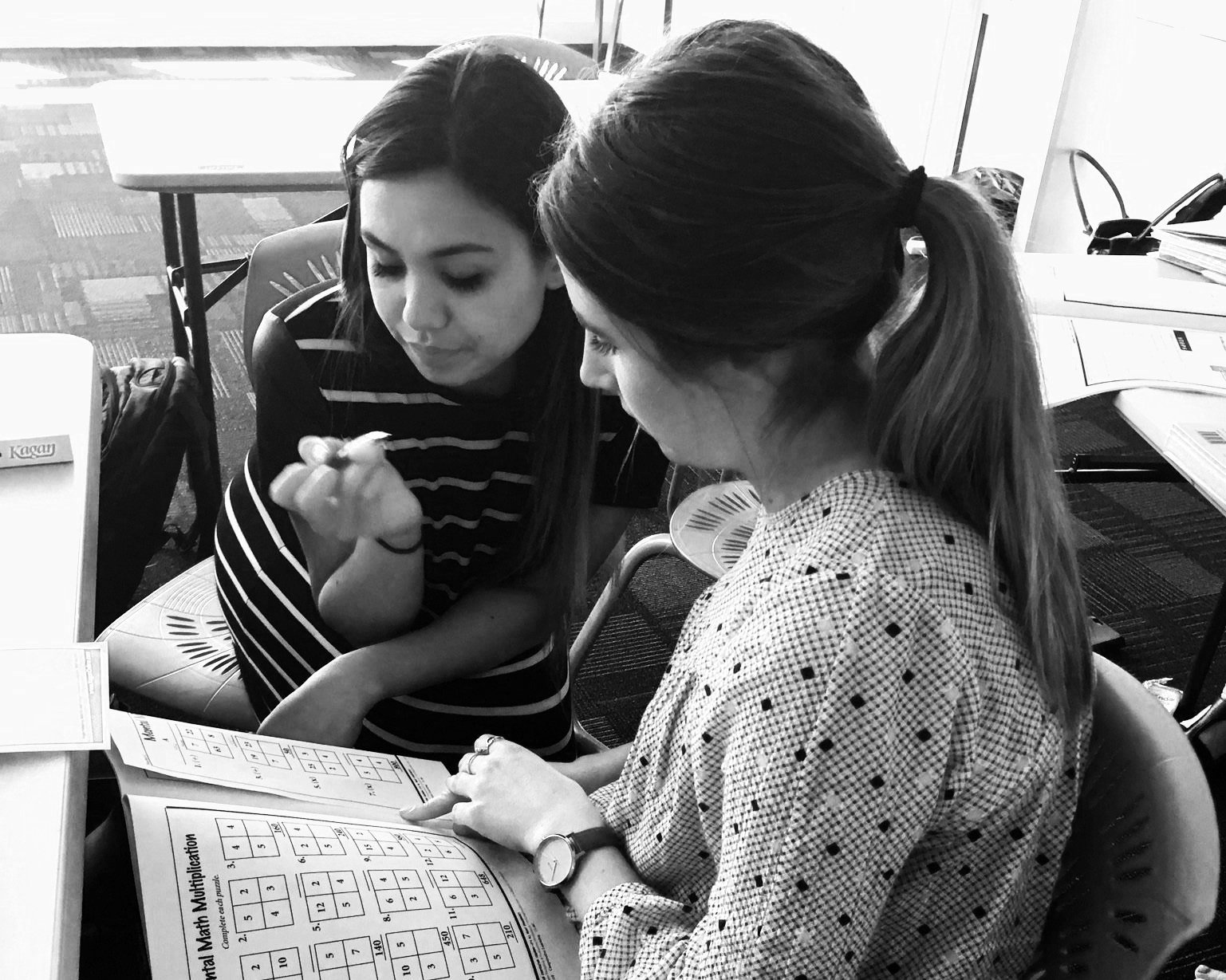
3. Coaching & Support
In-Class Modelling
Set Up Coaching
In-Class Coaching
Trend Feedback
-
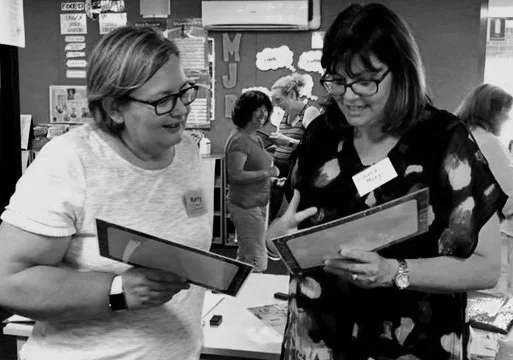
4. Impact & Next Steps
Data Gathering
Analysis
Summary
Forward Planning
